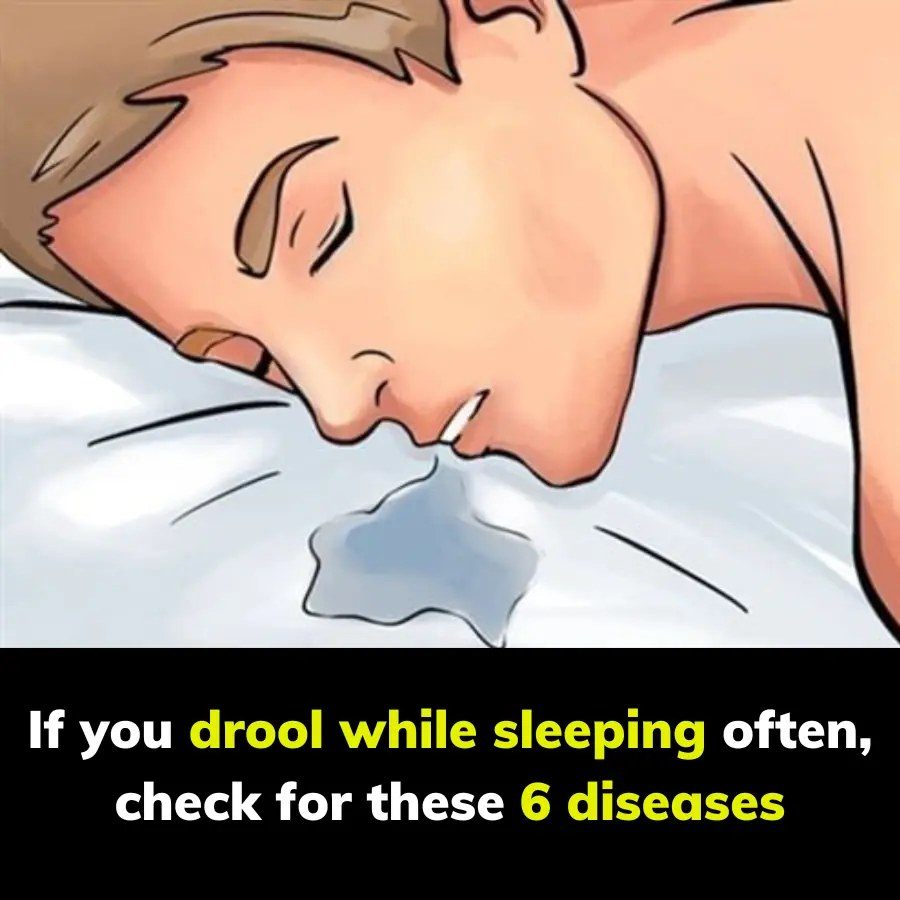Drooling during sleep might seem harmless, but if it happens frequently, it could be a sign of an underlying health condition. Occasional drooling is normal, especially when you are in a deep sleep. However, constant or excessive drooling may point to medical issues that need attention. Here are six possible conditions linked to this symptom:
1. Sleep Apnea
People with sleep apnea experience interrupted breathing during sleep. This can cause the mouth to stay open, leading to frequent drooling. Other symptoms include loud snoring, daytime fatigue, and restless sleep.
2. Gastroesophageal Reflux Disease (GERD)
GERD causes stomach acid to flow back into the esophagus, irritating the throat and increasing saliva production. This often results in drooling, especially when lying down.
3. Sinus Infections or Allergies
Blocked nasal passages force you to breathe through your mouth while sleeping. This can dry out the mouth but also trigger excessive saliva, causing drooling.
4. Neurological Disorders
Conditions like Parkinson’s disease, stroke, or multiple sclerosis can affect muscle control in the mouth and throat. This makes it harder to swallow properly, leading to drool buildup.
5. Tonsillitis or Throat Infections
Inflamed tonsils or throat infections can interfere with swallowing. When saliva cannot move down the throat efficiently, it tends to escape from the mouth during sleep.
6. Medication Side Effects
Certain medications—especially those for depression, anxiety, or neurological conditions—can increase saliva production. If you notice drooling after starting a new medication, it may be a side effect.
When to See a Doctor
If drooling happens occasionally, it’s usually not a concern. But if it occurs regularly and is accompanied by snoring, choking during sleep, or daytime exhaustion, you should seek medical advice. Identifying and treating the underlying condition can improve your sleep quality and overall health.

